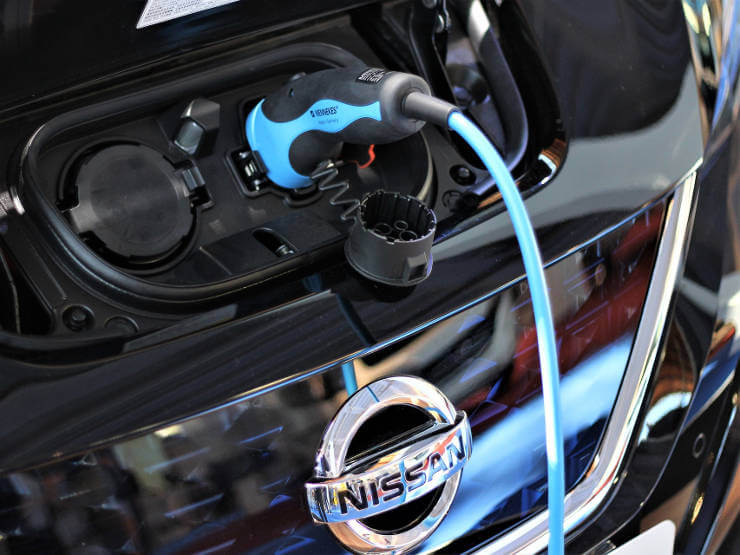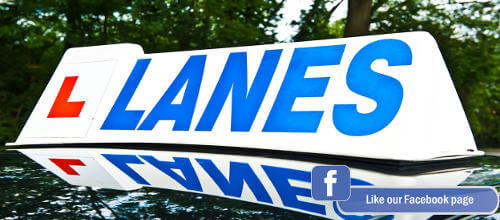
Following the big overhaul of car tax that took place last year, this year sees in some new and additional changes. Effective from April 1, 2018 they will have an effect on a large proportion of drivers, not least diesel vehicle owners. The rationale behind many of these changes is to encourage drivers to opt for less polluting cars. It is worth noting that these new changes apply to passenger cars only and not to vans or commercial vehicles so you may still be exempt. Read on for our summary of the new vehicle tax changes and how they may affect you.
Standard and additional rates
All vehicles will have to pay the standard rate of tax, in line with the DVLA’s tax bands. The rates have gone up in line with the retail price index changes, as announced in the Chancellor’s November budget. However, there is now an additional tax, applicable on all vehicles that are worth £40,000 or more which will be levied for their first two to six years, regardless of their emissions rates.
Diesel vehicles
Owners of diesel passenger vehicles will be further affected. In addition to the first year tax increase that took effect in April 2017, they are now also seeing the second year rate change which was put in place at the same time. Effectively, diesel vehicles have gone up one tax band.
New diesel vehicles registered from April 1, 2018 will also be affected. While the new tax rates will not apply to those diesel vehicles that are next-generation clean diesels – those that meet the Real Driving Emissions Step 2 (RDE2) standards – the reality is that this is not expected to be ready and implemented as an industry standard requirement until 2020.
Electric vehicles
These are exempt from taxation subject to their not having a list price of £40,000 or more (see above). This closes the loophole for many hybrid vehicles that were benefitting from falling into a lower tax band. However, if you are looking to cut your tax costs, buying an electric car could be the way to go. The concerns around the distance they can travel on a single charge and the time it takes to charge the battery are being addressed and newer electric vehicles are much better than they used to be, making this a much more viable solution for many.
Second-hand vehicles
If you have bought a used vehicle that was first registered before April 1, 2017 or if your car was registered before this date, then these changes will not affect you.
Don’t forget to tax your car
Since the rules changed and a tax disc is no longer issued, forgetting to tax a vehicle has become a growing problem. The DVLA is still posting reminders and you can also register to receive yours online. Either way, make a note to tax your vehicle when the time comes so that you don’t fall foul of the law.
If you are looking for some advice on vehicle tax or need a refresher after not driving for a while Lanes School of Driving is here to help. All you need to do is give us a call on 020 8166 5678 and we will make sure you are safe and legal on the road.

